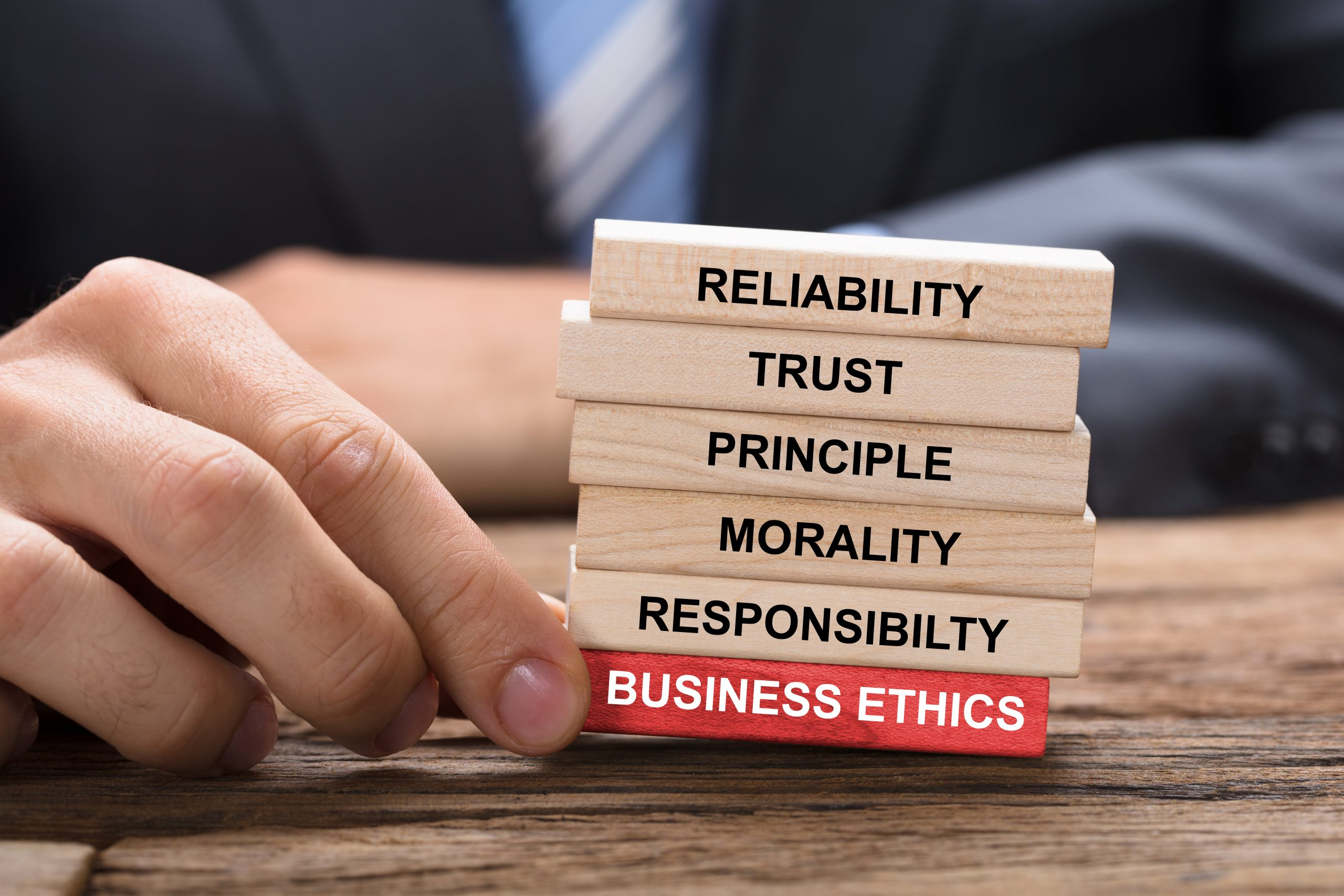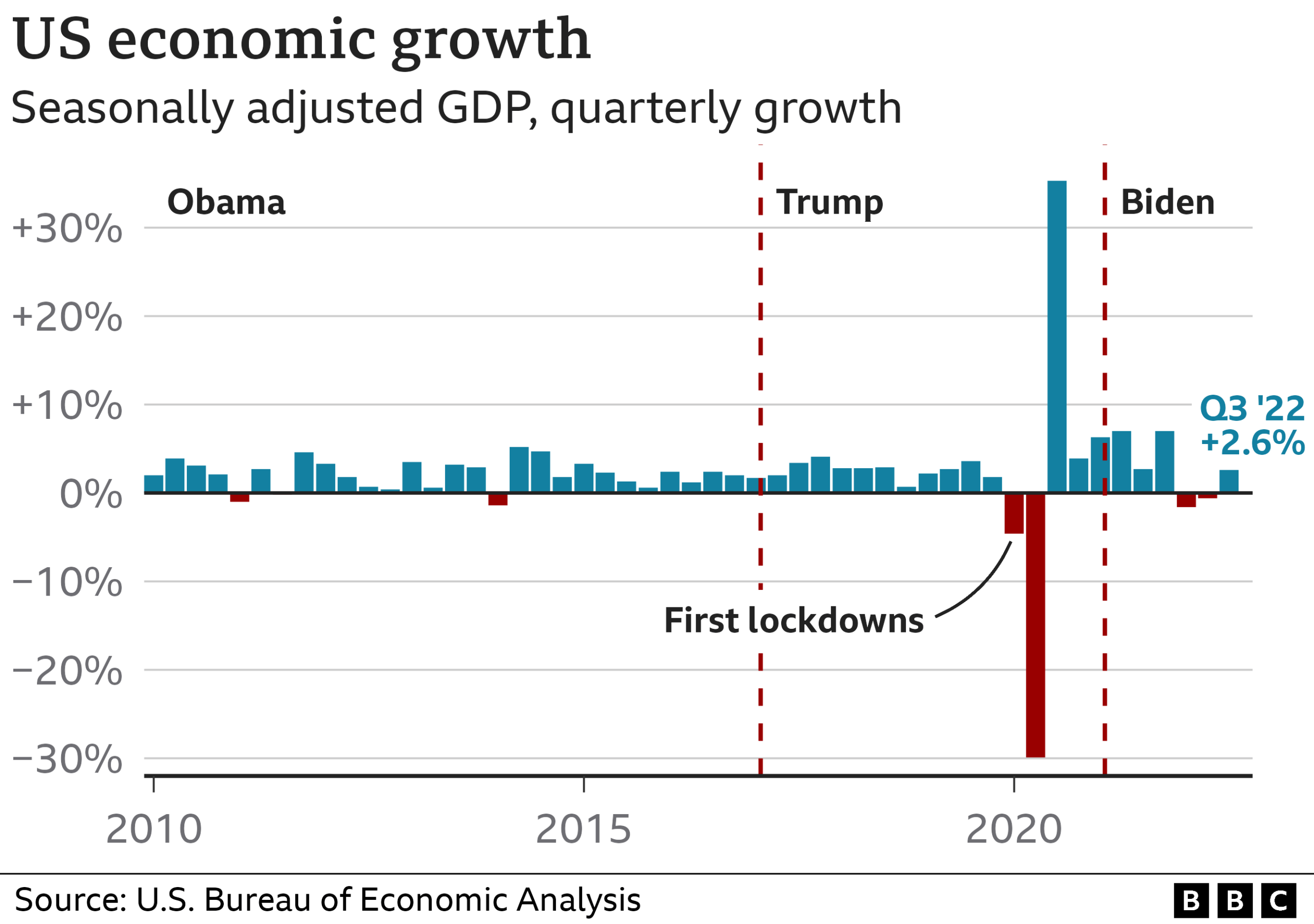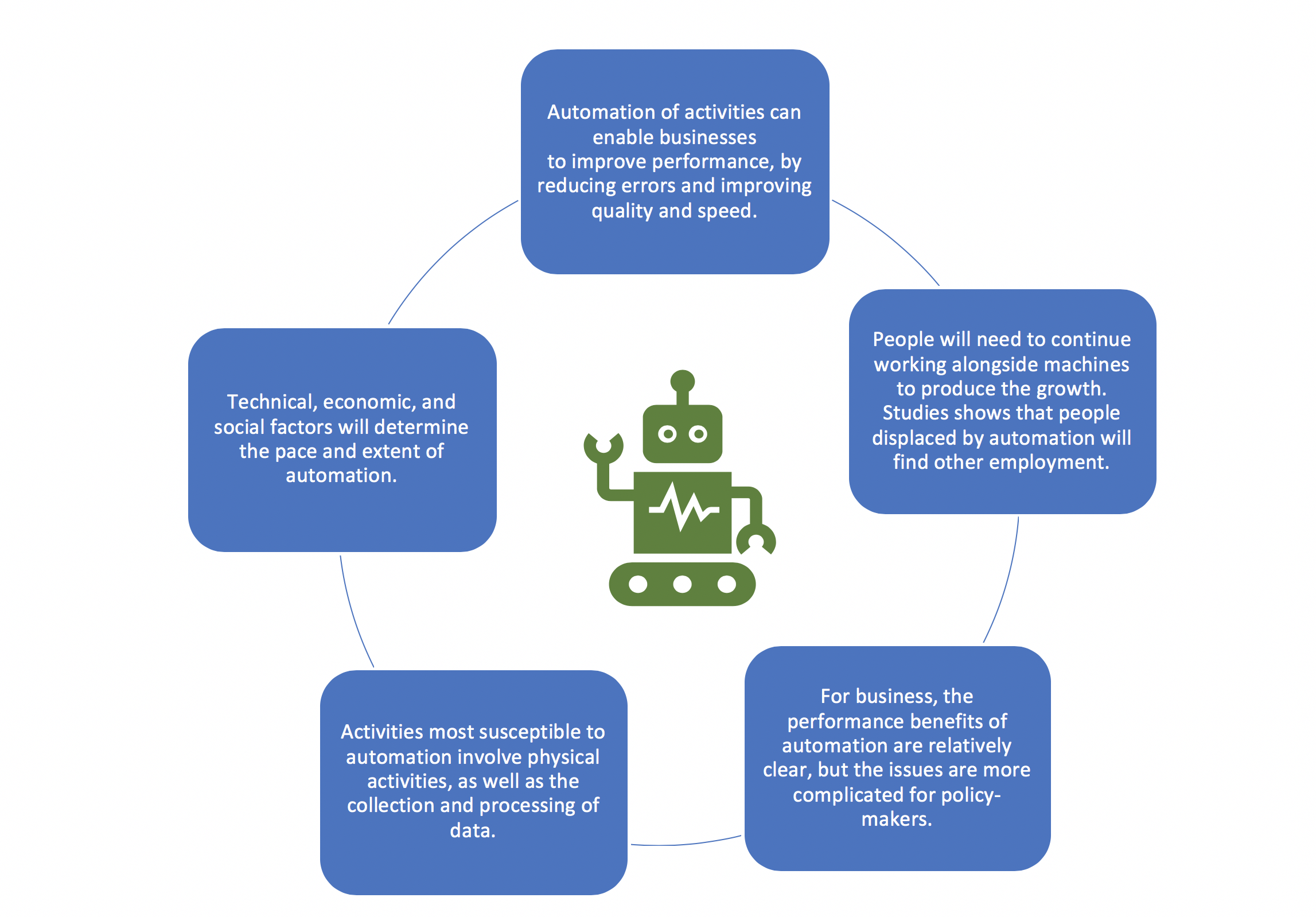
Business ethics play a crucial role in guiding organizations through the intricate maze of ethical decision-making. In today’s fast-paced corporate environment, leaders often face complex business decisions that test their moral compass, requiring a robust framework for evaluating ethical dilemmas in business. Joseph Badaracco, a prominent figure in the field of business ethics, emphasizes the importance of not just understanding ethical theories but applying business ethics strategies to real-world challenges. This shift towards a more pragmatic approach ensures that executives and managers can navigate the gray areas of decision-making with integrity and accountability. Ultimately, sound business ethics can foster trust and stability in an increasingly interconnected and complex marketplace.
In the realm of corporate conduct, the principles that guide ethical practices are essential for maintaining public trust and fulfilling responsibilities. The landscape of ethical behavior in business encompasses moral judgment, corporate responsibility, and the strategies employed to tackle ethical challenges encountered by executives. With the influence of figures like Joseph Badaracco, there has been a notable evolution in how businesses engage with these moral principles, marking a transition towards a more nuanced understanding of ethics in professional settings. As organizations confront multifaceted dilemmas, their leaders must rely on thoughtful reflection and ethical frameworks to make decisions that align with both legal obligations and societal expectations. Such adaptations not only enhance business integrity but also contribute to a more sustainable economic environment.
Understanding Business Ethics in the Modern Era
Business ethics have evolved significantly over the decades, adapting to the complexities of a globalized economy and intricate technological advancements. Joseph Badaracco, a leading scholar in business ethics, emphasizes that earlier approaches focused primarily on abstract moral philosophies like utilitarianism and deontology. Today, however, there is a paradigm shift towards practical ethical considerations that address real-world dilemmas. This evolution underscores the necessity for business leaders to examine the nuanced impacts of their decisions, ensuring that they align not just with legal standards but also with broader ethical implications that resonate with various stakeholders.
Moreover, the landscape of business ethics is more complicated than ever. As companies increasingly become embroiled in varied relationships with communities, regulators, and stakeholders, the ethical landscape is rife with conflicts and gray areas. Business leaders are not only accountable for their actions but are also expected to navigate through these intricate networks of obligation, assessing how each decision may affect parties involved. This holistic view of business ethics is crucial for organizations, making transparency and responsibility vital elements in decision-making processes.
Frequently Asked Questions
What are some effective strategies for ethical decision making in business?
Successful ethical decision making in business often involves a structured approach. Key strategies include defining the problem clearly, considering the perspectives of various stakeholders, consulting ethical frameworks such as utilitarianism or deontology, and reflecting on the potential long-term consequences. Additionally, involving a diverse group in discussions helps to minimize cognitive biases and ensures a broader perspective on the ethical dilemmas faced.
How can understanding business ethics help managers tackle complex business decisions?
Understanding business ethics equips managers with the ability to analyze complex business decisions more effectively. It promotes an awareness of various ethical frameworks and the implications of choices on stakeholders, thereby enhancing their capacity to navigate ethical dilemmas in business. By applying concepts taught by experts like Joseph Badaracco, managers can develop a more nuanced approach that weighs both ethical considerations and practical outcomes.
What role does Joseph Badaracco play in shaping business ethics education?
Joseph Badaracco is a key figure in business ethics, especially known for his contributions to ethical decision making in business education. As the John Shad Professor of Business Ethics at Harvard Business School, he has influenced the curriculum and emphasized the importance of analyzing ethical dilemmas in a practical context, moving beyond mere theoretical frameworks to address real-world challenges.
What are the common ethical dilemmas in business that executives face?
Executives frequently encounter ethical dilemmas related to stakeholder management, regulatory compliance, and corporate social responsibility. These dilemmas may involve conflicts between profit maximization and ethical practices, challenging them to balance the interests of shareholders with those of employees, customers, and the community. Navigating these ethical challenges requires careful consideration of all stakeholders and a commitment to integrity.
How has the landscape of business ethics evolved in the past decades?
The landscape of business ethics has evolved to address a more complex and interconnected global environment. Today, ethical challenges often involve multifaceted issues, including technological advancements, international regulations, and social accountability. Business leaders are now expected to engage with various stakeholders and consider the broader implications of their decisions, reflecting a shift from traditional ethical approaches toward a more dynamic and contextual understanding of business ethics.
How can businesses create effective business ethics strategies?
To create effective business ethics strategies, companies should establish a clear code of ethics, promote transparency, and offer training to employees regarding ethical decision making. Involving employees in discussions around business ethics can foster a culture of accountability. Additionally, organizations should regularly assess and revise their ethics policies to keep pace with changing societal expectations and regulatory frameworks.
How do cognitive biases affect ethical decision making in business?
Cognitive biases can significantly impact ethical decision making in business by distorting perception and judgment. When faced with ethical dilemmas, decision-makers may inadvertently favor information that aligns with their beliefs or interests, leading to self-serving decisions. Recognizing these biases and incorporating diverse viewpoints in the decision-making process can help mitigate their effects and lead to more ethically sound outcomes.
| Key Points | |
|---|---|
| Definition of Business Ethics | The concept has evolved from applied moral philosophy to a focus on practical decision-making in various complex contexts. |
| Challenges Faced by Business Leaders | Leaders encounter multifaceted ethical dilemmas that are influenced by various stakeholders and increased legal complexities. |
| Decision-making Strategies | Utilize reflective practices to clarify what matters and to navigate through ethical gray areas. |
| Impact of Technology | The rise of AI and global operations has transformed the ethical landscape, raising new dilemmas. |
| Reflection in Decision Making | Reflection helps individuals clear their minds and focus on key responsibilities leading to sound decisions. |
Summary
Business Ethics is becoming increasingly critical in today’s dynamic environment. As businesses adapt to technological advancements and global complexities, the challenges surrounding ethical decision-making have intensified. Influential cases like those of Sam Bankman-Fried and Elizabeth Holmes emphasize the dire consequences of unethical behavior. To navigate these challenges, leaders must engage in reflective practices and collaborative discussions to address the intricate relationship between legal responsibilities and ethical considerations. With careful thought and analysis, executives can foster an environment where ethical decision-making prevails over self-serving behaviors.




